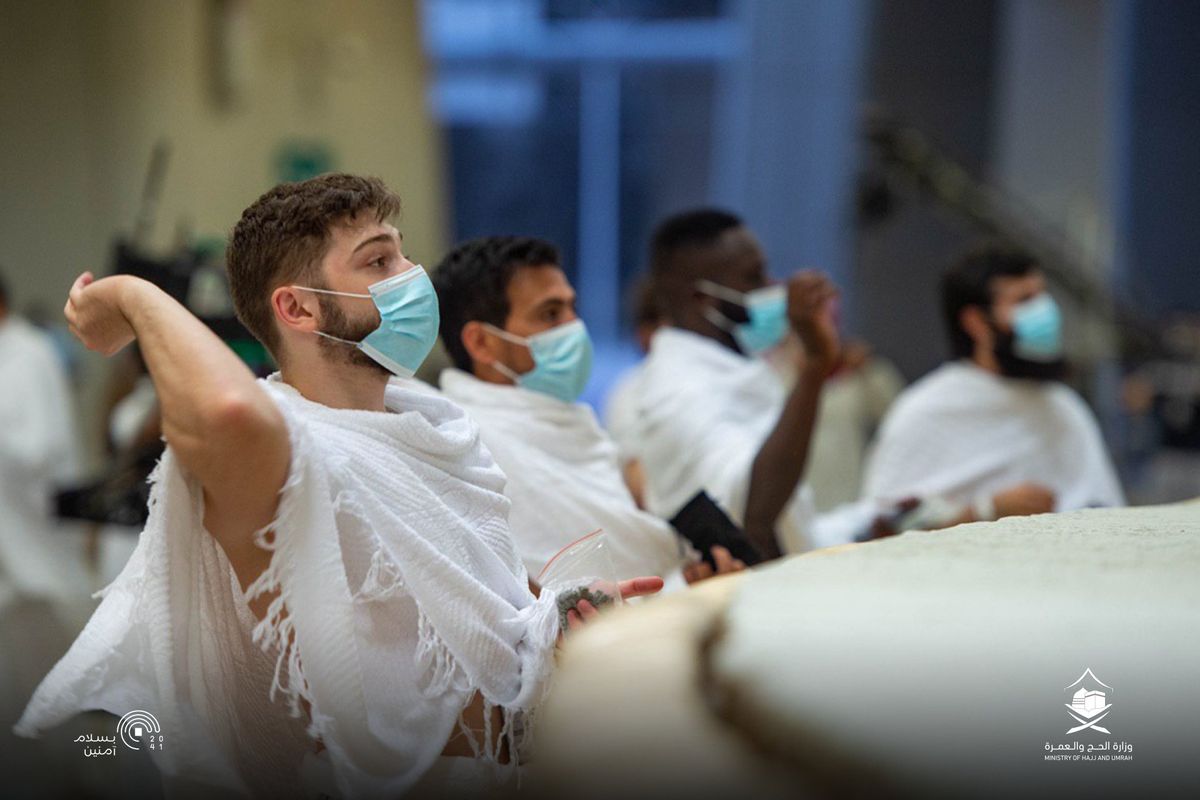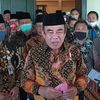Saudi Arabia to Resume ‘Umrah’ Pilgrimage from October

The hajj and umrah pilgrimages are a massive logistical challenge, with colossal crowds cramming into relatively small holy sites, making them vulnerable to contagion.
The kingdom has sought to contain a spike in infections, which have now risen to more than 330,000 cases — the highest in the Gulf — and over 4,500 deaths.
Read also: Jokowi Makes Congratulatory Phone Call to King Salman on Idul Adha Celebration
But Saudi Arabia has also reported a high rate of recoveries, which surpassed 312,000 on Tuesday.
Last week, Saudi Arabia partially lifted its suspension on international flights, six months after travel curbs were imposed due to the pandemic.
Saudi Arabia's custodianship of Mecca and Medina — Islam's two holiest sites — is seen as the kingdom's most powerful source of political legitimacy.
But a series of deadly disasters over the years, including a 2015 stampede that killed up to 2,300 worshippers, has prompted criticism of the Sunni kingdom's management of the hajj.
Read also: Ministry of Foreign Affairs: Indonesian Covid-19 Cases in Saudi Arabia Mostly Migrant Workers
The holy sites are also a key revenue earner for Saudi Arabia.
The pilgrimages typically cost thousands of dollars for worshippers, who often save for years as well as endure long waiting lists for a chance to attend.
De facto ruler Crown Prince Mohammed bin Salman's Vision 2030 reform plan seeks to decouple the economy of the kingdom — the world's top crude exporter — from oil dependency towards other sources of revenue, including religious tourism.
The government hopes to welcome 30 million pilgrims to the kingdom annually by 2030. (
Writer: BUR-AC/ADP, Agence France-Presse)
Source: http://u.afp.com/3RnD
Simak breaking news dan berita pilihan kami langsung di ponselmu. Pilih saluran andalanmu akses berita Kompas.com WhatsApp Channel : https://www.whatsapp.com/channel/0029VaFPbedBPzjZrk13HO3D. Pastikan kamu sudah install aplikasi WhatsApp ya.

































